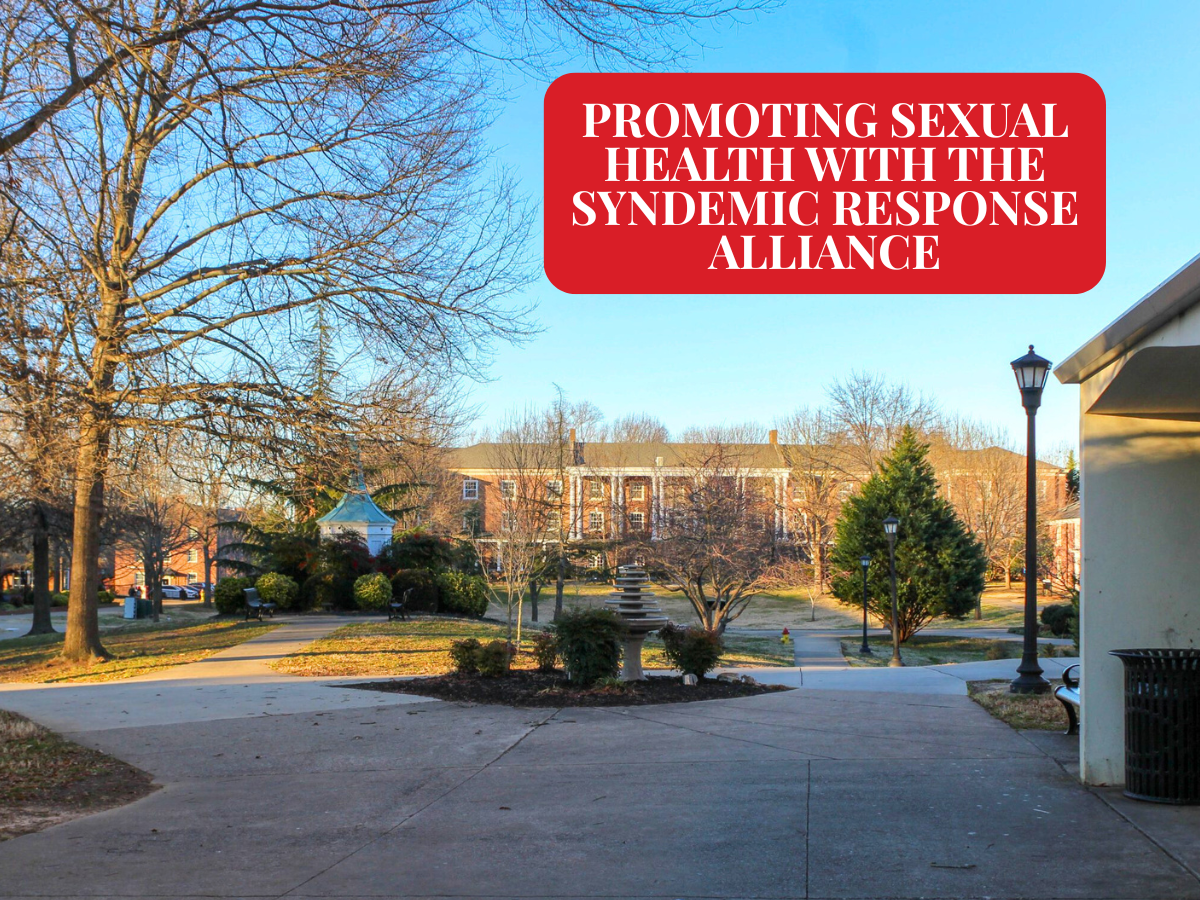Clarksville is the fastest-growing city in Tennessee, rivaled only by Murfreesboro. Because of this, Clarksville has seen significant rises in population over the past few years. This, in combination with being the college town it is, its proximity to Nashville and its connection to Fort Campbell and the Kentucky border, means that there are a lot of people here every day. This population brings with it a slew of both problems and partnerships that otherwise might not be so relevant.
One of these problems is public health, especially when concerned with sexual wellness.
According to Jonathon Miller of the Syndemic Response Alliance (SRA), “Clarksville-Montgomery County has consistently ranked among the worst in chlamydia infection rates and 14th in HIV rates in the state of Tennessee.”
To combat this issue and the general need for accessible sexual health resources, the SRA has formed an ongoing partnership with Austin Peay State University to promote safe practices and overall well-being. You may have already seen part of this program without even realizing it.
One of the initiatives of this partnership is the on-campus condom distribution program (#PreventionToolbox@APSU), which may be especially familiar to any students who are active on campus or live on campus.
Locations for this program include:
- Ard Building
- Blount Hall
- Castle Heights
- Dunn Center- Athletic training room 152
- Dunn Center- Student lounge room 288
- Eriksson Hall
- Fortera Stadium- Athletic training room 104
- Foy Recreation Center- Outside locker rooms
- Foy Center- Women’s locker room
- Fraternity/Sorority Affairs MUC 112
- Governors Terrace North
- Governors Terrace South
- Hand Village 100-800
- Harvill Hall
- Latino Community Resource Center MUC 115
- Meacham Apartments
- Newton Military Family Resource Center
- Sevier Hall
- SOS Food Pantry
- Two Rivers/Emerald Hill Apartments
- University Center Room 208B
- University Center downstairs locker
- Adult, Nontraditional and Transfer Student Resource Center MUC 111
This initiative allows for the distribution of 40 different varieties of condoms.
Miller said “Most programs limit their selection to around four varieties due to logistical constraints, we offer approximately 40 different varieties. Using a harm reduction model, we focus on providing options that participants actually want to use, thereby increasing both the effectiveness of the program and repeat engagement with our services.”
In addition to their condom distribution program, the SRA offers educational opportunities for community leadership, 1-on-1 sexual health counseling (LGBTQ+ affirming and kink-friendly), STD testing and different events promoting sexual health both on campus and in the larger region.
The SRA’s goal with their partnership at APSU is to engage students in meaningful discussions and actions to combat these issues while increasing awareness of them.







